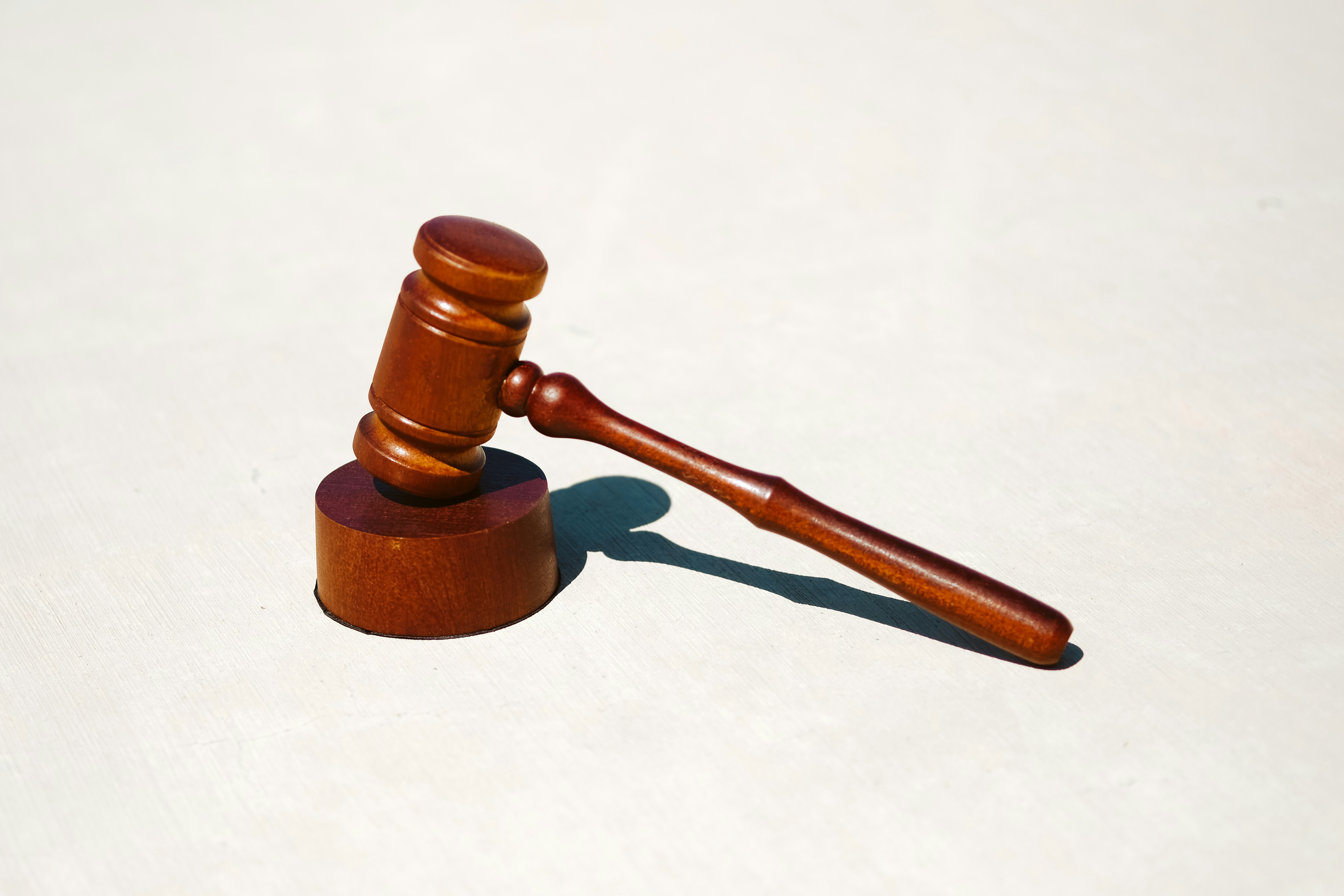
Finding the right public adjuster involves asking pertinent questions about their qualifications, fee structures, and understanding of local regulations. This guide provides insights into evaluating potential adjusters to ensure they meet your needs effectively.
When dealing with insurance claims, having a qualified public adjuster can significantly impact the outcome. Evaluating potential candidates involves more than just reviewing their credentials; it requires an understanding of their role and the specific questions to ask. If you’re considering a public adjuster, knowing what to look for can save you time and hassle. By focusing on their experience, fee structure, and adherence to local guidelines, you can make an informed decision that aligns with your needs.
Understanding the Role of a Public Adjuster
A public adjuster is a professional who assists policyholders in preparing and negotiating insurance claims. They work exclusively for you, not the insurance company, ensuring that your claim is accurately represented. Public adjusters analyze insurance policies, document damage, and prepare detailed estimates that reflect the true cost of repairs or losses. Their expertise can be invaluable in navigating complex claims processes and securing fair settlements.
Public adjusters often come into play when claimants face challenges such as denied or underpaid claims. By acting as an intermediary between you and the insurer, they aim to maximize the payout you receive under your policy terms. Understanding this role helps clarify why choosing a skilled adjuster is critical—it’s about having an advocate who thoroughly understands insurance intricacies and can effectively communicate on your behalf.
When considering how to find a public adjuster in Boca Raton, it’s important to recognize the impact they can have on your claim’s outcome. Their ability to interpret policy language and negotiate with insurers is crucial. Therefore, selecting an adjuster who has proven experience in handling similar claims can greatly benefit you in securing a favorable resolution.
Evaluating Qualifications and Experience
Qualifications are paramount when selecting a public adjuster. A licensed professional should have substantial experience in handling claims similar to yours. Ask about their educational background, certifications, and any specialized training they’ve undergone. Experience often translates into expertise; thus, an adjuster with years of experience is likely more adept at navigating complicated claim scenarios.
Inquire about their track record—have they successfully handled claims like yours before? Understanding their past successes can provide insight into their competence. Additionally, consider seeking testimonials or references from past clients. These can offer firsthand accounts of their professionalism and effectiveness in securing settlements.
The process of how to find a public adjuster should also involve understanding their approach to claims. Do they take time to thoroughly assess damage and understand policy details? Are they proactive in communication? These factors are essential indicators of how they might handle your case.
Clarifying Fee Structures and Contract Terms
The fee structure is a critical aspect when hiring a public adjuster. Typically, they charge a percentage of the claim settlement as their fee, which necessitates clarity upfront. Discussing these terms in detail will help avoid surprises later on. Ensure that any agreement is documented clearly within the contract.
A comprehensive contract should outline not only fees but also the scope of work and expected timelines. This transparency helps establish mutual understanding and sets expectations for both parties involved. Remember that while cost is important, it should not be the sole deciding factor; value for money should be assessed based on their ability to deliver results.
Misunderstandings about fees can lead to disputes, so clear communication is essential from the start. When exploring how to find a public adjuster, prioritize those who offer transparent terms and demonstrate willingness to discuss contract specifics openly.
Considering Local Regulations and Compliance
Each state has its own regulations governing public adjusters; being aware of these local guidelines ensures compliance and protects your interests as a client. For instance, if you’re engaging services in Florida, verifying that your chosen adjuster holds valid licenses is crucial.
Local knowledge not only ensures compliance but can also influence how effectively an adjuster navigates state-specific challenges or nuances in policy interpretation. An adjuster familiar with regional practices may be better positioned to secure favorable outcomes due to their understanding of local insurance dynamics.
Therefore, part of your research process should include confirming that any prospective adjuster adheres strictly to applicable laws and ethical standards. Verifying credentials through state regulatory bodies provides peace of mind knowing that you’re working with qualified professionals who adhere to established protocols. For more information on public adjusters and their services, you can visit PICC in Florida.